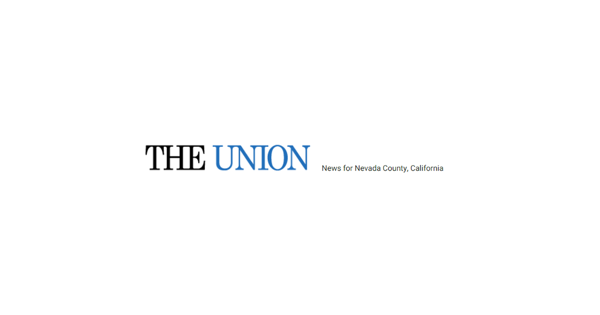CMU Students Launch Urgent Campaign to Help Claim $7B Tax Credit

UPDATE: A team of graduate students at Carnegie Mellon University has just launched a vital initiative aimed at helping low-income workers claim the Earned Income Tax Credit (EITC), addressing a staggering $7 billion in unclaimed refunds each year. This urgent campaign, developed in partnership with the National League of Cities, is already making waves across the country.
Every tax season, millions of low-income individuals miss out on the EITC, a crucial financial lifeline that can provide an average refund of $2,400—enough to cover a month’s rent or eight weeks of groceries. The students are determined to change that narrative and ensure that eligible workers can access these funds easily and effectively.
As part of their Policy Innovation Lab course, led by Professor Chris Goranson, students Samiha Islam, Yuxin Zheng, Ana Rowley, Mitul Jhaveri, and Laura Santos conducted extensive research to uncover the obstacles preventing individuals from claiming these vital credits. They found that many potential beneficiaries are unaware of their eligibility or intimidated by the tax filing process.
“There’s millions of people that are eligible for these tax refunds that can help you pay for groceries, rent, child care,” said Islam. “But structural barriers in the tax filing system make it difficult for people to get the benefits.”
The students created user-friendly materials, including infographics and posters, to simplify the EITC application process. These resources also direct individuals to Volunteer Income Tax Assistance (VITA) sites, where taxpayers earning $67,000 or less can receive free tax preparation services.
In the last tax year, eligible taxpayers could receive between $632 and $7,830 from the EITC, depending on income and household size. Yet, many remain unaware of this potential financial support. The team interviewed representatives from the United Way of Southwestern Pennsylvania and other stakeholders to better understand the barriers faced by these communities.
The project faced initial challenges when the National League of Cities initially tasked the students with using artificial intelligence to analyze IRS data to identify neighborhoods with low EITC uptake. However, issues with data availability led the team to pivot their strategy, focusing instead on creating impactful marketing materials and a VITA site locator tool.
“This project showcases how students identified a more effective way to reach potential participants,” Goranson stated. “That’s really exciting.”
The students’ innovative approach is already being shared with nonprofit organizations across major cities, including New York City and the Dallas-Fort Worth area. David Park, director of data and business analytics at the National League of Cities, praised the students for their creativity and dedication.
As the tax deadline approaches, the urgency of this initiative cannot be overstated. Those eligible for the EITC are encouraged to act quickly to ensure they do not miss out on significant refunds that could alleviate financial pressure.
Looking ahead, the team will continue to refine their campaign and gather feedback from the community. They aim to empower low-income workers nationwide, ensuring they can claim the financial benefits they deserve.
This groundbreaking effort reflects the broader mission of Heinz College to prepare students to tackle real-world problems and serve the public effectively. As the EITC project gains traction, it highlights the intersection of education and social impact, emphasizing the importance of collaboration and innovation in addressing critical issues.
Stay tuned for further updates as this story develops and more individuals gain access to the support they need.






